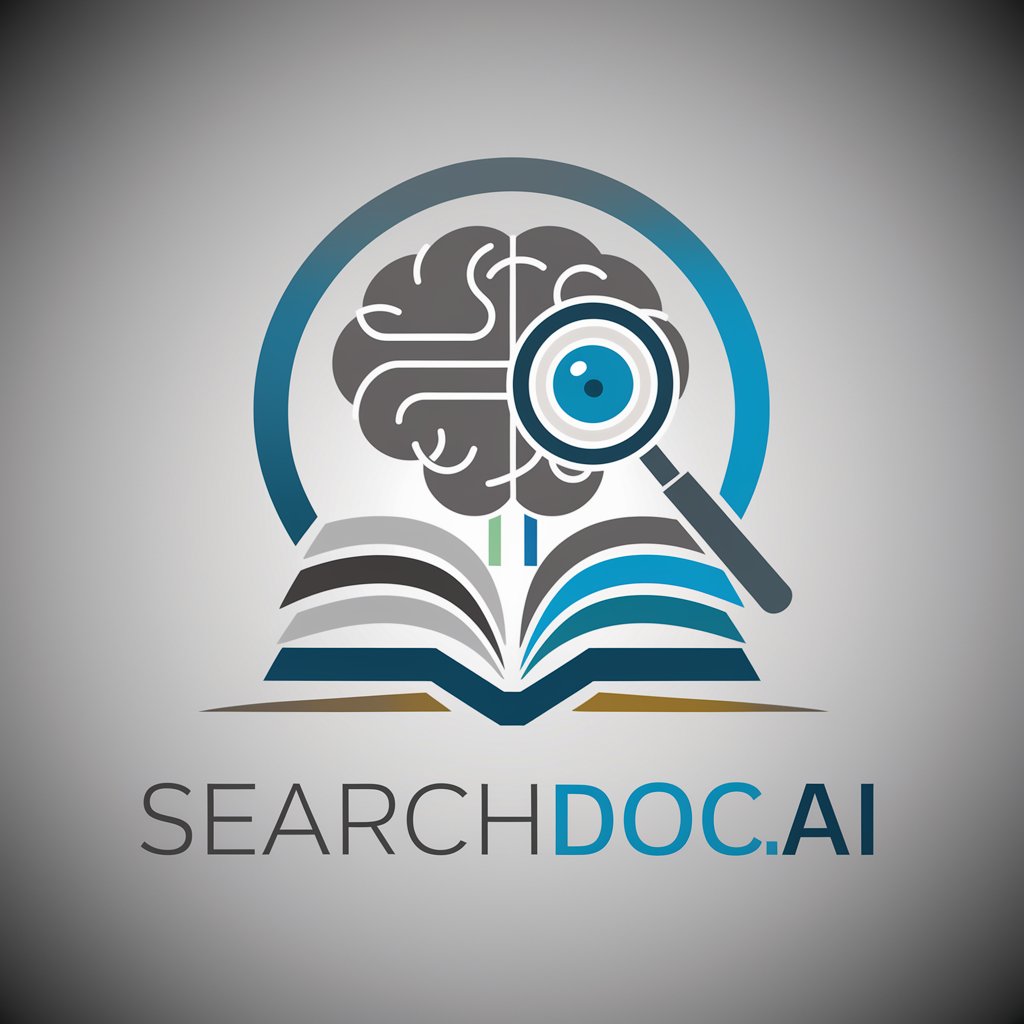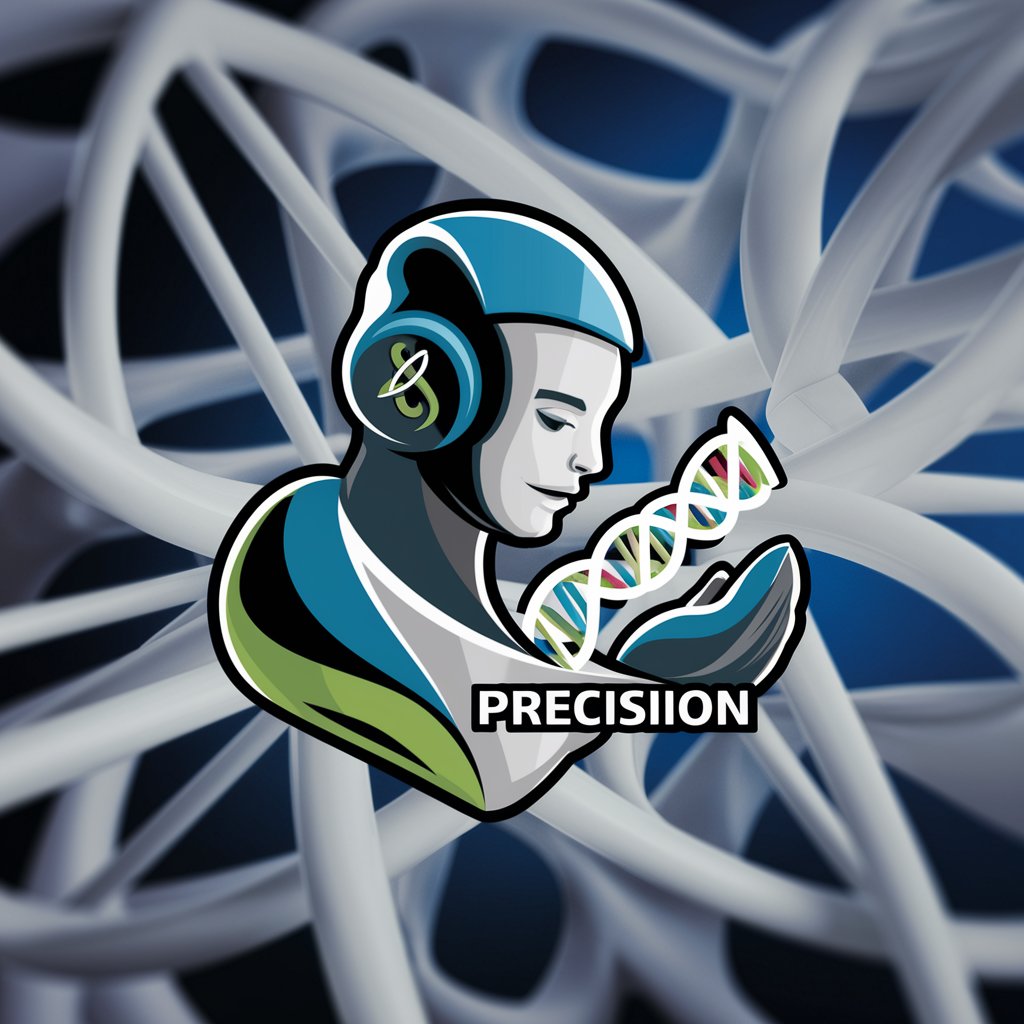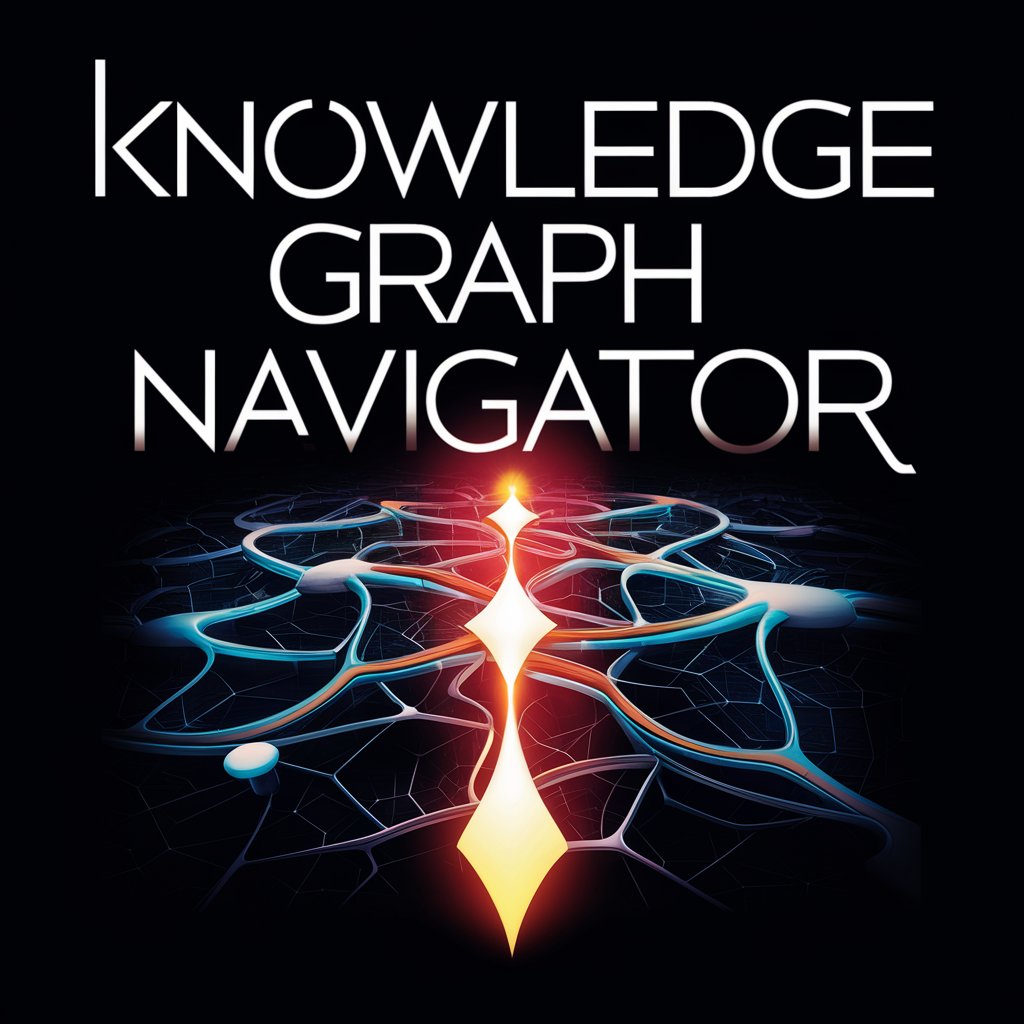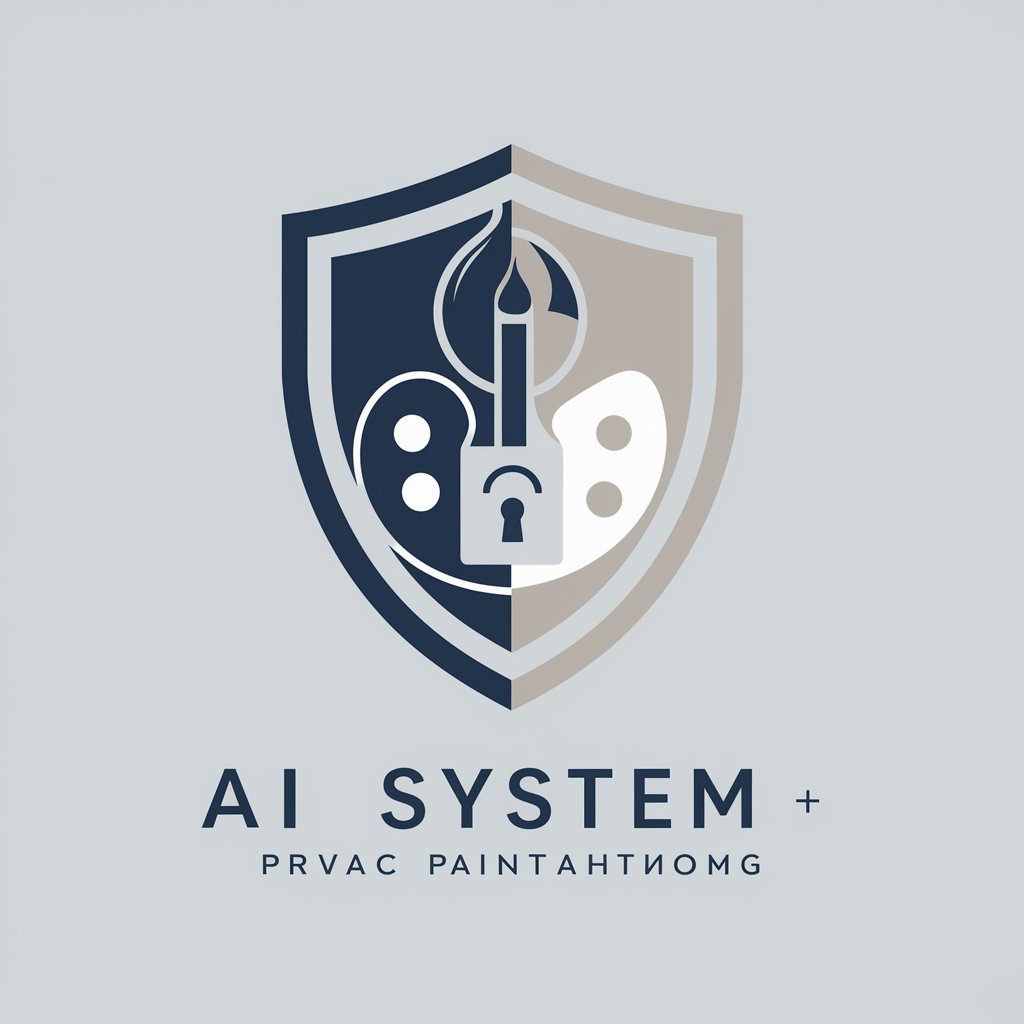AI for Business 🚀 - AI Business Enhancement

Welcome to AI for Business, your guide to AI in the business world. How can I help?
Empowering Businesses with AI
How can AI improve our marketing approach? 🚀
What are the latest AI trends in finance? 🔥
Can AI enhance our business strategy? 🤔️
How does AI impact HR management? 💼
Get Embed Code
Overview of AI for Business
AI for Business is designed to serve as an advanced AI-powered assistant tailored specifically for professionals across various business sectors. Its core purpose is to integrate AI technologies to enhance decision-making, optimize operations, and provide strategic insights across marketing, finance, human resources, and more. Through data analysis, predictive modeling, and automation, it aims to drive efficiencies, reduce costs, and uncover new opportunities. For instance, in marketing, it can analyze consumer data to predict trends and personalize customer experiences, while in finance, it might automate risk assessments or forecast market movements. Powered by ChatGPT-4o。

Core Functions of AI for Business
Market Analysis and Trend Prediction
Example
Using AI to process vast amounts of consumer data, identifying emerging trends, and predicting future market directions.
Scenario
A retail company uses AI for Business to analyze social media, sales data, and customer feedback, enabling it to anticipate and stock up on trending products before they become widely demanded.
Financial Forecasting and Risk Management
Example
Leveraging machine learning models to forecast financial outcomes and assess investment risks.
Scenario
A financial services firm employs AI for Business to analyze historical market data and current economic indicators, improving its investment strategies and identifying potential risks more accurately.
Customer Experience Personalization
Example
Applying AI to tailor marketing messages and product recommendations based on individual customer behaviors and preferences.
Scenario
An e-commerce platform utilizes AI for Business to create personalized shopping experiences, recommending products based on past purchases and browsing history, thereby increasing sales and customer satisfaction.
Operational Efficiency and Automation
Example
Using AI to streamline operations, automate routine tasks, and optimize supply chain management.
Scenario
A manufacturing company implements AI for Business to predict equipment failures, schedule maintenance proactively, and automate inventory management, significantly reducing downtime and operational costs.
Target User Groups for AI for Business
Business Leaders and Decision-Makers
CEOs, CTOs, and managers across industries who seek to leverage AI for strategic planning, decision-making, and gaining competitive advantages. These users benefit from AI for Business by obtaining actionable insights, predictive analytics, and support for data-driven decisions.
Marketing Professionals
Marketing directors and specialists aiming to enhance customer engagement, segmentation, and personalization. They utilize AI for Business to analyze consumer behavior, predict trends, and create targeted marketing campaigns.
Financial Analysts and Investors
Individuals and entities in finance looking for advanced tools to forecast market movements, assess risks, and automate trading strategies. AI for Business aids in processing complex datasets and making informed investment decisions.
Operations and HR Managers
Professionals focused on optimizing operational processes and human resources management. AI for Business can automate routine tasks, predict workforce needs, and enhance employee experiences through personalized HR solutions.

How to Utilize AI for Business
1. Start with a Free Trial
Begin by visiting a platform offering AI for Business solutions, such as yeschat.ai, to sign up for a free trial without the need for logging in or subscribing to premium services.
2. Identify Your Needs
Evaluate your business needs to understand how AI can enhance your operations. Common use cases include data analysis, customer service automation, and marketing optimization.
3. Explore Features
Familiarize yourself with the AI tool's features. Experiment with chatbots for customer service, AI-driven analytics for market insights, and automation tools for repetitive tasks.
4. Implement AI Solutions
Start integrating AI into your business processes. This could involve setting up AI chatbots on your website, using AI for data analysis, or automating social media marketing.
5. Monitor and Adjust
Regularly review the performance of AI implementations and adjust strategies as needed. Use analytics to measure success and identify areas for improvement.
Try other advanced and practical GPTs
Svetlana Genadievna
Learn Biology with a Laugh

SearchDocAI
Unlock insights with AI-powered document analysis.

Gizmo Finder
Discover Your Perfect AI Companion

CRISPR GENE EDITING RESEARCH FOR DISEASES / TRAITS
Empowering genetic research with AI

Social Media Growth Hacker
Elevate Your Social Presence with AI Power

Product Showcase Guru
Transforming product showcases with AI

🚘 Artful Auto Creator lv3.4
Revolutionize Your Ride with AI-Powered Artistry

👚FashionBot lv3.5
Revolutionizing fashion with AI creativity

🧭 Knowledge Graph Nav v4.5
Illuminate Data Connections with AI

文字入り画像ペインター
Transform Words into Visual Artistry with AI

🐾 Pet Care Pal lv3.2
Empowering pet owners with AI-driven guidance.

Quest
Discover Your Ideal AI Assistant
AI for Business FAQs
What is AI for Business?
AI for Business refers to the application of artificial intelligence technologies to enhance business operations, improve decision-making, and automate repetitive tasks.
How can AI improve customer service?
AI can enhance customer service by deploying chatbots for 24/7 assistance, personalizing customer interactions, and analyzing feedback for insights into customer needs and preferences.
Can AI help in decision making?
Yes, AI can assist in decision making by analyzing large datasets to identify trends, making predictions, and providing recommendations based on data-driven insights.
What are the benefits of AI in marketing?
AI benefits marketing by enabling personalized campaigns, optimizing ad spend through predictive analytics, and automating content creation and social media management.
Is AI for Business suitable for small businesses?
Absolutely, AI for Business is scalable and can be tailored to meet the needs of small businesses, helping them to automate processes, analyze data, and improve customer engagement efficiently.
